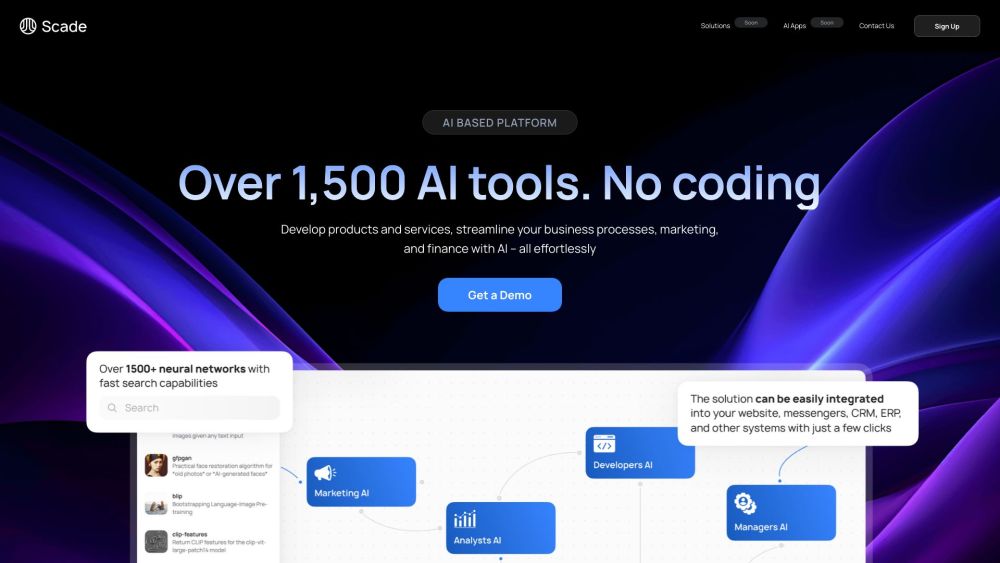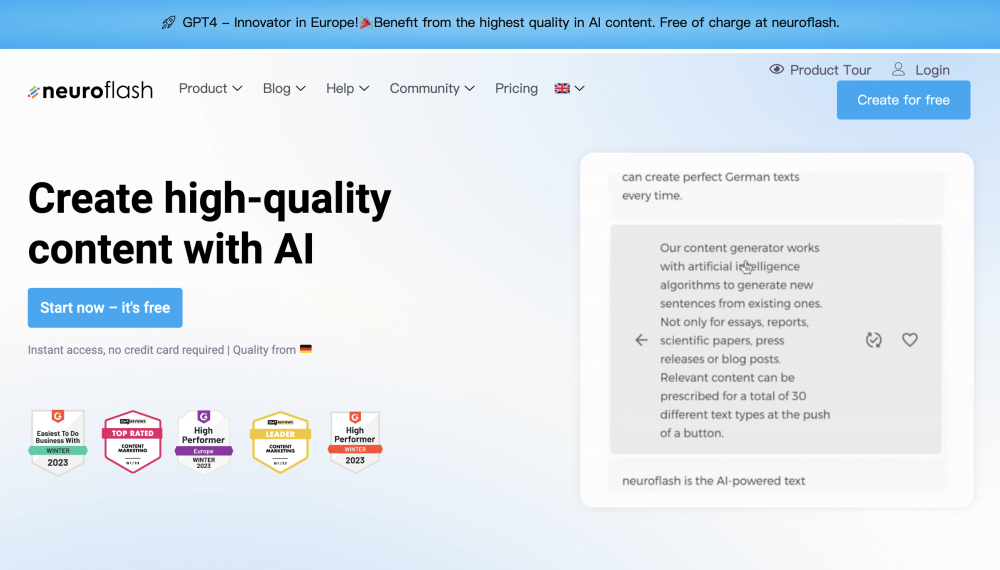On July 27, 2024, as the Olympic flame was lit on the Seine River, the world stepped into the era of the Paris Olympics. Behind this momentous occasion, a groundbreaking development has quietly emerged—this will be the first Olympics where cloud broadcasting surpasses satellite transmission as the primary method for coverage. More than two-thirds of the Olympic live broadcasts will be transmitted globally to over 200 countries through the broadcasting cloud powered by Alibaba Cloud.
As the exclusive cloud service provider for the event, Alibaba Cloud is facilitating a significant digital transformation for the Olympics, moving coverage from traditional satellite broadcasting to cloud-based solutions. This shift not only reduces costs but also enhances flexibility, enabling broadcasters to avoid the need for deploying transmission equipment in the host country beforehand. It allows for remote streaming and content editing, which means live broadcasts can be executed without a physical presence at the venue.
Cloud broadcasting features low latency, high bandwidth, and exceptional scalability, making it ideal for handling peak traffic during high-profile events like the opening ceremony and popular competitions. Additionally, it aligns well with the era of 4K/8K ultra-high-definition content. Since 2018, the Olympic Broadcasting Services (OBS) has been collaborating with Alibaba Cloud to embark on this cloud journey. As observed by OBS's Chief Technology Officer Sotiris Salamouris, the Paris Olympics will be the largest-scale event to utilize cloud broadcasting.
To meet the rising global demand for digital content, OBS plans to upload all media produced during the Paris Olympics to the OBS Content+ platform, marking the first time this content will be offered in ultra-high definition. Supported by Alibaba Cloud, the platform is set to produce 11,000 hours of content for 1,500 media users during the games—equivalent to 450 days of viewing. The content will be distributed through various platforms, including television and mobile devices, allowing for real-time video editing and vertical video formats during the broadcast.
OBS CEO Yiannis Exarchos announced that the broadcast center plans to produce 15% to 20% more content than during the Tokyo Olympics, with the actual output potentially increasing by up to 40%. Interestingly, compared to the Rio Olympics, the size of the broadcast center has decreased by nearly 23%, largely due to the extensive application of cloud technology, significantly enhancing operational efficiency.
The wave of artificial intelligence (AI) is transforming the landscape of the Paris Olympics. International Olympic Committee (IOC) President Thomas Bach noted that this is the first Olympics to widely adopt AI technologies. Various applications of Chinese AI technology will enhance commentary, provide 360-degree live coverage, and offer visual search functionalities. The Alibaba Tongyi model will play a pivotal role as the first AI application for the Olympics.
Salamouris highlighted that the Paris Olympics will feature new broadcasting technology enhanced by Alibaba Cloud AI, including a multi-camera replay system that offers a “bullet time” effect. This innovative feature will allow viewers to experience athletes' movements in slow motion from multiple angles, creating an immersive viewing experience.
With AI support, Alibaba Cloud has also restored historical footage from the 1924 Paris Olympics and has developed a cloud-based AI platform in collaboration with the IOC. This platform enhances media asset management through features like advanced visual search, automatic content classification, and highlight video creation, ultimately streamlining the management of vast amounts of media content.
Furthermore, the Olympics will introduce its first large model application, supported by Alibaba's AI technology, and made available for official commentators from the IOC. Bach stated, "Alibaba's AI technology elevates the coverage of the Paris Olympics to new heights," expressing hope that the IOC can responsibly harness the immense potential of AI.




